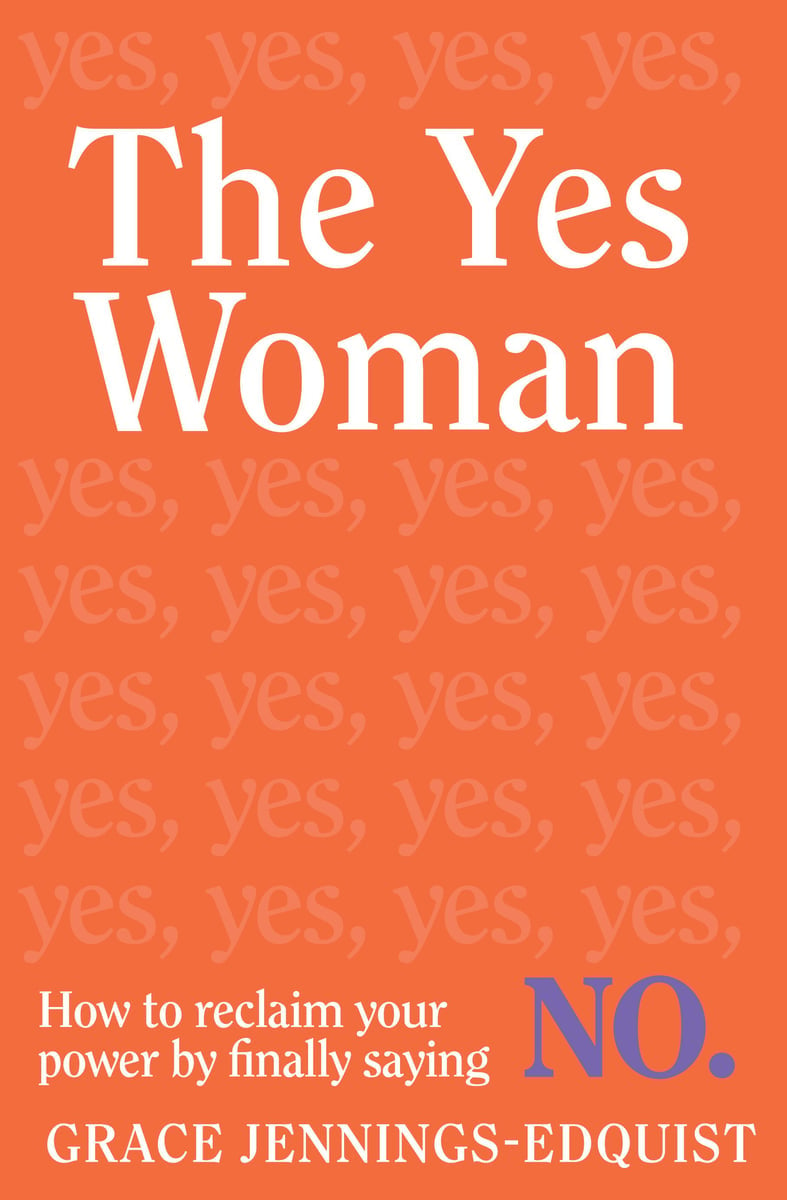
Eighteen months ago, if you clicked onto my Instagram, you’d think I had my sh*t together.
My social media presence made it look like my life was a montage of satisfying career accolades and wholesome moments with my baby daughter and doting husband. Oh, and you’d think my hair was always spot-on.
There’s one photo that shows me, back to the camera, at the beach holding my baby daughter up for a kiss. She’s giggling cutely into my shoulder, the sun is highlighting my blonde topknot, and laid out before me is a crystal-clear rock pool.
 Image: Supplied.
Image: Supplied.


